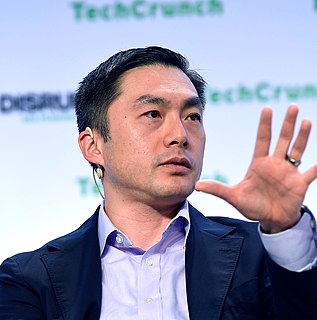A Quote by Ben Parr
What can we learn from the battle between data and design? What can we learn from the relationship between Google and Apple? Clearly no one school of thought is right: Apple and Google are both wildly successful and profitable companies that changed the world.
Related Quotes
Apple isn't the next Microsoft, you see. Apple is not the next anything because the role it aspires to transcends anything imaginable by Microsoft, ever. Google is the next Microsoft, so Google is seen by Ballmer as the immediate threat - the one he has a hope in hell of actually doing something about.
Not all of them, but certainly there's some really, really dramatic differences among apples. And what you learn if you have that number of varieties is you learn which Apple is good for which purpose. So I have a favorite apple for apple pie. It's called Bramley Seedling. It's a old British Apple. I blend a lot of these apples together that make apple cider every year. It's a great hobby, but it's, you know, it takes some time. And it can be frustrating when the Japanese beetles or the gypsy moths come.
At the end of the day, people (customers) don't necessarily buy into what you do; they buy into why you do it. People buy Apple because they love the Apple brand - what it stands for - they feel proud to be associated with that brand. What makes Google or Virgin or any of these 'superior' brands what they are is that they have a mission to change the world. Those are the kinds of companies that will endure the test of time.
We've already seen shifts happening in some of the big companies - Google, Apple - that now understand how vulnerable their customer data is, and that if it's vulnerable, then their business is, too, and so you see a beefing up of encryption technologies. At the same time, no programs have been dismantled at the governmental level, despite international pressure.






























